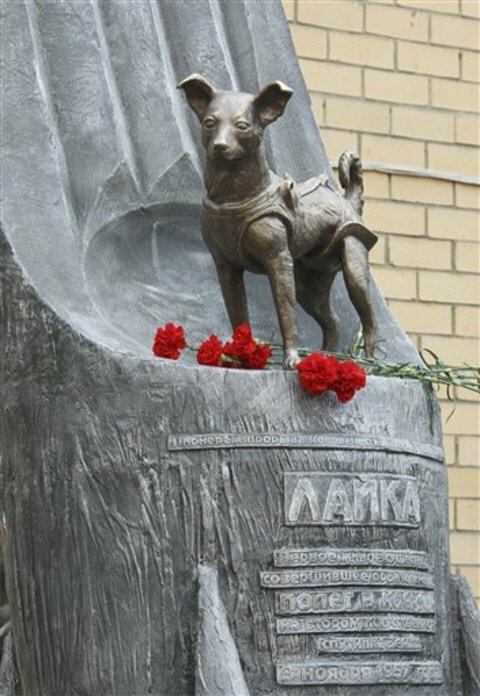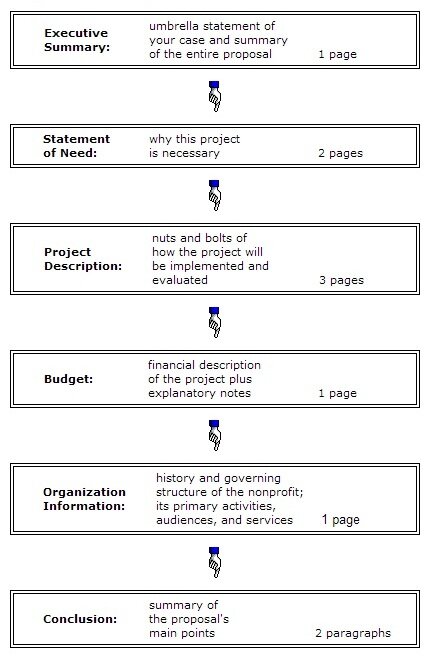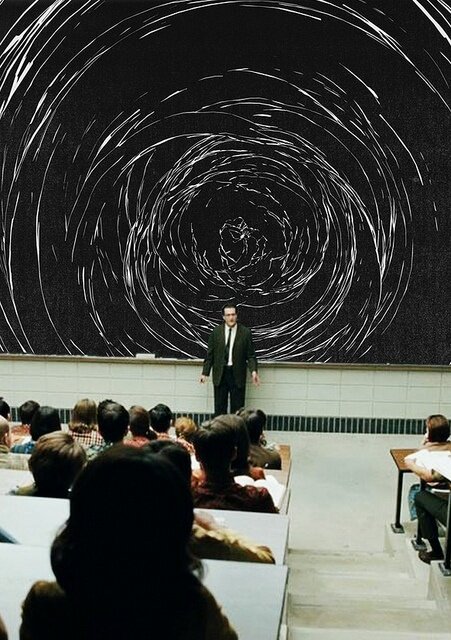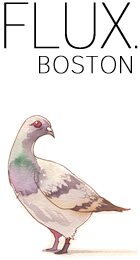A few years ago, a little birdie was kind enough to provide me with an insider’s look into the world of grants. And by “insider’s look”, I mean “gossip”.
One of the bits that stood out most from our conversation was about how some individuals and organizations make grant watching their second job. They know the ins and outs of the whole process, and armed with this knowledge, are able to successfully navigate the applications and push their projects forward. Sometimes, even unpopular projects get pushed forward.
Let’s say I wanted to erect a large bronze memorial sculpture on the Greenway dedicated to fallen Boston Terriers. There is a slight chance this would be possible if I went through the correct channels, and if I had little-to-no competition.
And if I always had little-to-no competition, and applied to many grants..
..we could potentially have an entire city full of my puppy monuments.
——————————–
Which, hey, wouldn’t be such a terrible thing.
But this anecdote started me thinking about the Arts in Boston, and Massachusetts as a whole. And I wondered how many people know about/where to find out about the opportunities that exist for creatives here. Not just in the above public art example, but for personal artist projects, curatorial opportunities, and event or festival planning.
And after recently completing my first grant application (it might as well be for a boston terrier memorial), its now the perfect opportunity to jot down some quick thoughts on the process and share some local resource information.
Because honestly, the whole process feels daunting at first as you stare at an empty Word document. And you may wonder how you will be able to find time in your already packed schedule to dream up and send off an application into the ether. But when you think about how writing 10 or so <250 word snippets (or even a few pages) about your project could possibly result in $5,000/$10,000/$50,000, it makes the whole process a bit more palatable.
The bottom line is that many organizations HAVE to give this grant money away as part of their mission statement and bylaws, so they might as well be giving it to you.
It’s time to arm ourselves with knowledge.
———————-
General Components of a Grant Proposal
(was this chart made in hypercard?)
For grants that are freeform, this is a great structure to follow.
More information on each of the sections can be found here.
One helpful tip I picked up re: structure is that you don’t have worry about pulling together a formal business proposal, your writing just has to be coherent. Help the reader understand what it is you are trying to say in an articulate and concise manner. If these jurors are reading hundreds of applications, you don’t want them to fall asleep halfway through a rambling answer.
And sometimes you aren’t even allowed to ramble. An application might say “tell me every single thing about you from birth through the present in 50 words or less” and you’ll be joyfully typing away, when suddenly the cursor stops moving.
It’s a tough moment. Your brilliant prose need to be completely reworked and its frustrating. And I’m not sure mushingwordstogether or changing “and” to “&” is a recognized workaround. Instead, view this limitation as a guide to help better tailor your thoughts. Skip the fillers, hit the high points. Jot down bullets of goals for each section that outline the pertinent information you want to convey in your response. This is especially helpful when approaching questions with similar answers ie: Why did you start your project? What is your interest in this subject area? What made you want to work on this endeavor?
UGH!
Bullet points.
—————————–
Things You May Want to Have Handy
- Updated CV
- List of professional references – send pertinent proposal/project info in case they are contacted
- Bottle of wine
- Second set of eyes. Seriously, have someone read over your application before submitting.
——————————–
Opportunities
Local
The Browne Fund (guidelines here)
New Art Center -Curatorial Opportunity Program
MCC Cultural Investment Portfolio
MCC Local Cultural Council Program
MA and Elsewhere
National Endowment for the Arts
———-
Writing Assistance
Proposal Writing Short Course – (good step by step of sections)
Standards and Guidelines: Artist Resume
GrantSpace – Overview/Examples
——————
Local Resources
New England Foundation for the Arts
———————–
The End.
You did it!

Added bonus: What’s great about taking the time to pull together a clean and coherent proposal, is that you will most likely be able to use some or all of your brilliant text in future grants, projects, bios, curatorial statements, etc.
This post is only scratching at the surface of the joyous world of proposal writing. I am learning with you–so, please let me know all about your experiences applying for grants, the process itself, caveats, and local opportunities I might have missed!
Tell me:
♂/☺/♫
Now, get writing!
————————
“I see little of more importance to the future of our country and our civilization than full recognition of the place of the artist.” – President John F. Kennedy, 1963, Amherst College
♥











